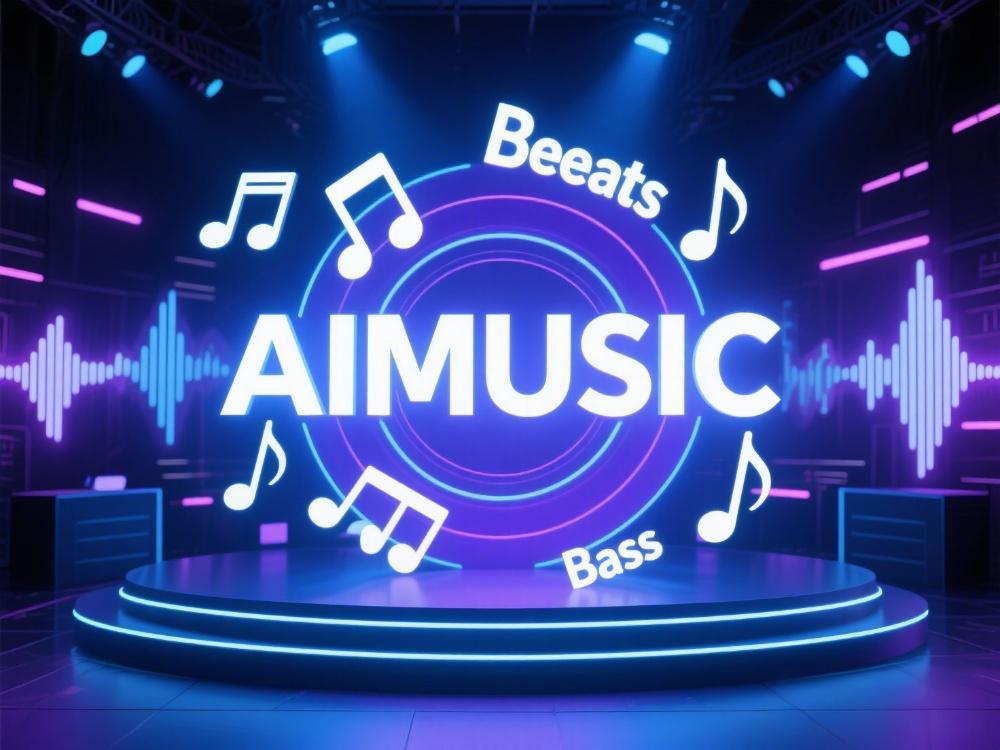The Future of AI-Generated Music: A New Era of Creativity and Innovation

Artificial intelligence is rapidly reshaping the music industry, unlocking possibilities that were once unimaginable. As AI technology advances, its role in music creation, production, and consumption is expanding—promising a future where human and machine collaboration redefine artistic expression.
1. Democratizing Music Creation
AI-powered tools like Boomy, Soundraw, and Amper Music allow anyone—regardless of musical training—to compose original tracks with minimal effort. This democratization could lead to:
- A surge in independent artists and niche genres.
- More personalized music tailored to individual tastes.
- Faster content creation for social media, games, and ads.
2. Hyper-Personalized Listening Experiences
Streaming platforms may soon use AI to generate real-time, adaptive music that evolves based on:
- The listener’s mood, activity, or biometric data (e.g., heart rate).
- Environmental factors (time of day, weather, location).
- Interactive storytelling (e.g., AI-generated soundtracks for podcasts or audiobooks).
3. AI as a Collaborative Partner
Rather than replacing musicians, AI will likely become an indispensable creative assistant:
- Enhancing creativity – Suggesting melodies, harmonies, or lyrics to spark inspiration.
- Automating production – Handling mixing, mastering, and even virtual session musicians.
- Reviving lost styles – Reconstructing unfinished works (e.g., Beethoven’s 10th Symphony) or emulating legendary artists’ styles ethically.
4. Ethical and Legal Challenges Ahead
The rise of AI music also brings unresolved questions:
- Copyright & Ownership – Should AI-generated works be protected, and who holds the rights?
- Authenticity – Will audiences value human-made music more, or will AI compositions dominate?
- Deepfake Music – How do we prevent misuse (e.g., unauthorized AI clones of artists’ voices)?
5. The Blurring Line Between Human and Machine
By 2030, AI-generated music may become indistinguishable from human creations, leading to:
- New genres – Fusions of styles no human would conceive.
- AI pop stars – Virtual influencers releasing AI-composed hits.
- Live AI performances – Concerts where algorithms improvise in real time.
Conclusion: Harmony or Disruption?
AI-generated music is not just a tool—it’s a transformative force. While purists may resist, the fusion of AI and human creativity could birth a golden age of musical innovation. The key lies in balancing technological potential with artistic integrity, ensuring AI amplifies—rather than replaces—the magic of music.
What aspect of AI music excites (or concerns) you the most?